Blog
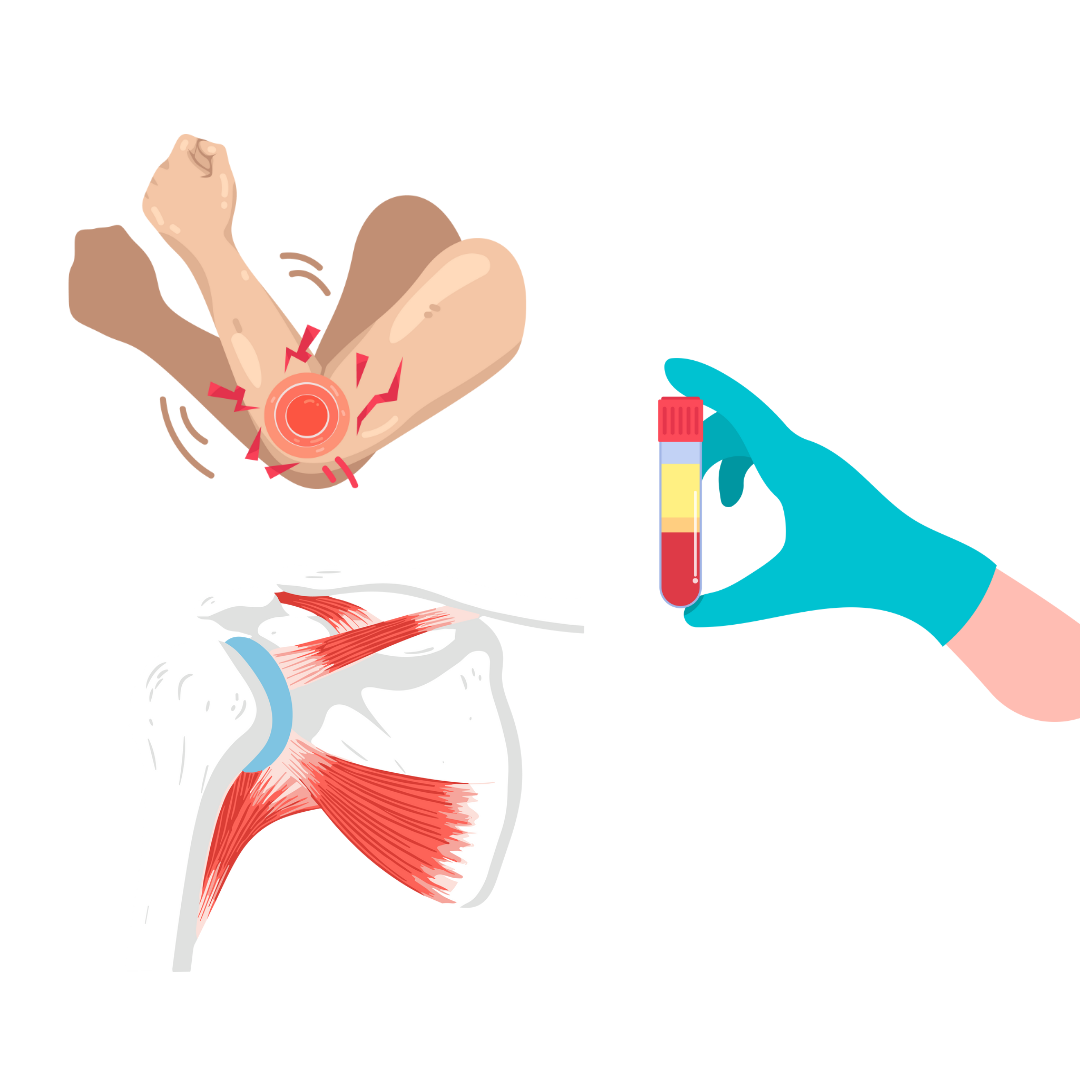
PRP for Chronic Pain: Strong Evidence Beyond the Knee
A major analysis published in Pain and Therapy reviewed results from 56 high-quality clinical trials and found that platelet-rich plasma (PRP) consistently reduced chronic pain better than placebo and standard drug-based treatments across many conditions—not just knee arthritis. The strongest benefits were seen in tendon-related injuries, such as shoulder rotator cuff problems and tennis elbow, especially when patients were followed for three months or longer, suggesting PRP works by supporting true tissue healing rather than short-term pain suppression. Because tendons have a very limited blood supply, the study supports using adequately concentrated PRP to deliver a strong biological signal where the body struggles to heal on its own. Overall, this research confirms PRP as a versatile and effective option for long-standing musculoskeletal pain, not a niche or experimental therapy.
Read More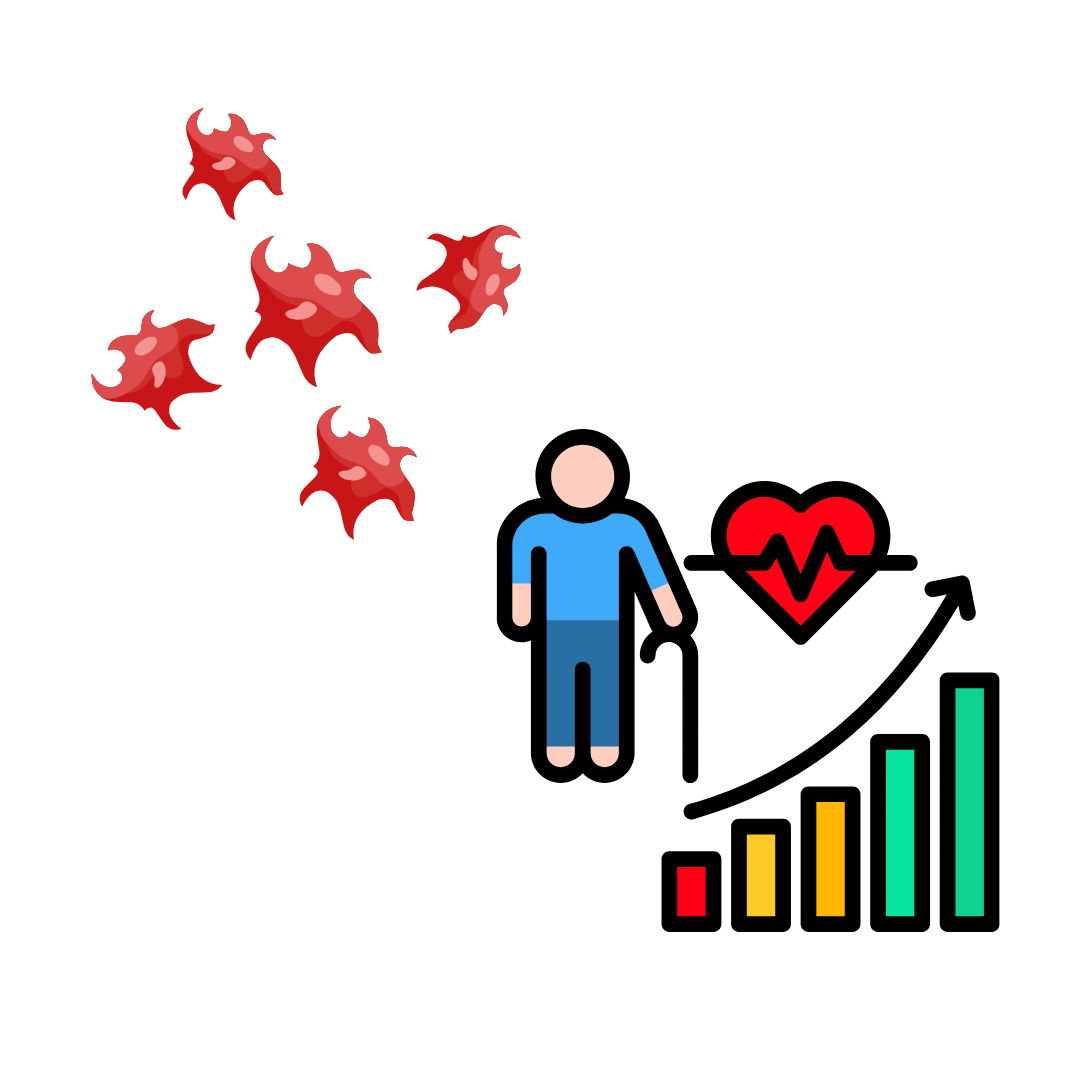
Why PRP Works Better in Some Patients: How Age Affects the Body’s Healing Power
A recent study published in Experimental & Molecular Medicine helps explain why platelet-rich plasma (PRP) treatments may work better for some people than others—especially when age is a factor. Researchers found that tiny healing messengers released by platelets, called exosomes, play a key role in preventing injured muscle from being replaced with fatty tissue, a process that can limit recovery. However, the study showed that aging weakens this healing signal, meaning older platelets release fewer of the molecules needed for proper tissue repair. This suggests that older patients may still benefit from PRP, but often require higher platelet concentrations to achieve results similar to younger individuals. In simple terms, PRP is not “one-size-fits-all,” and tailoring dose and preparation—especially for aging patients—may be essential for optimal healing.
Read More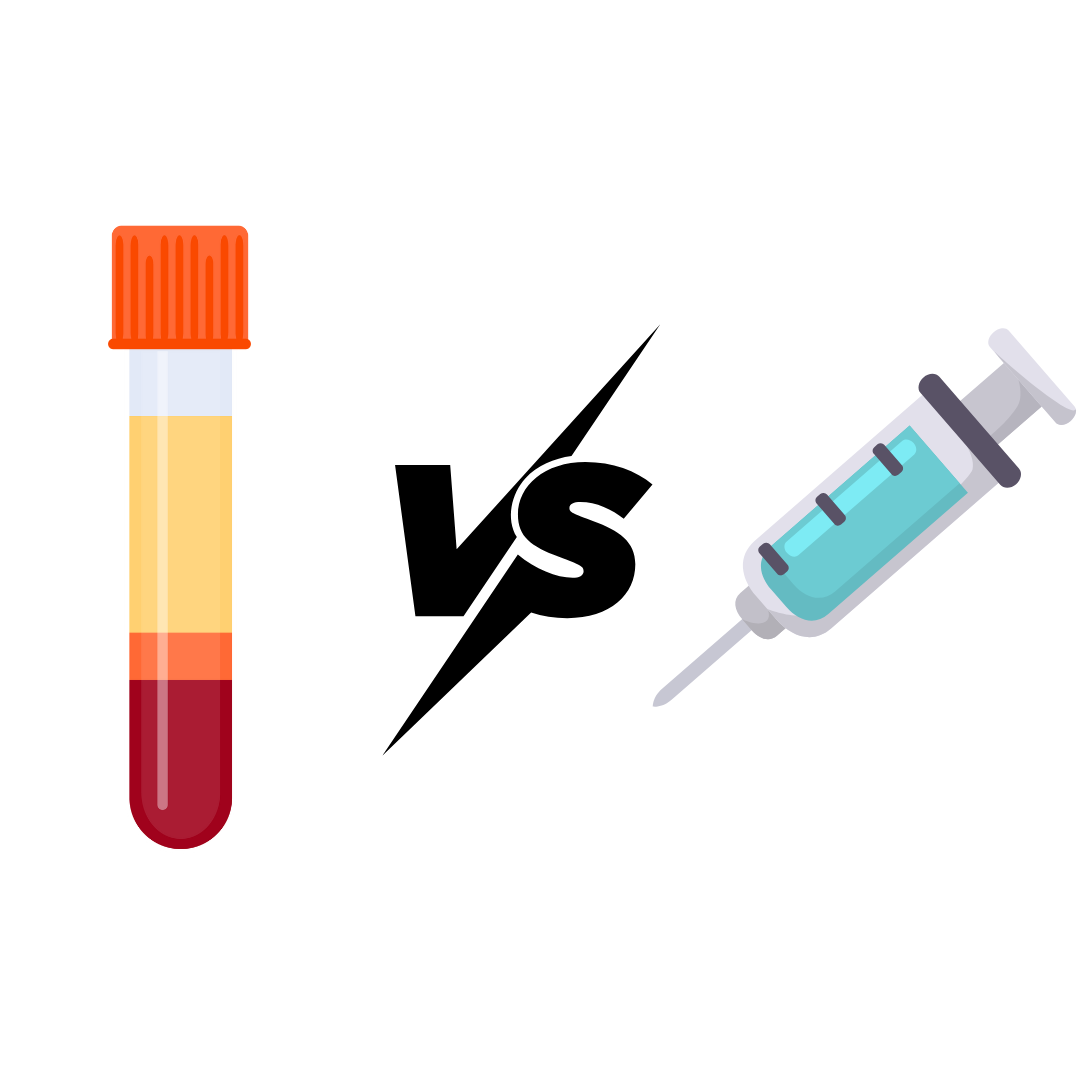
PRP vs. Cortisone for Knee Arthritis: Quick Relief or Long-Term Healing?
For people living with knee osteoarthritis, choosing the right injection can be confusing. This large 2025 review found that cortisone injections work fast but wear off quickly, with the strongest pain relief lasting only about a month. In contrast, platelet-rich plasma (PRP)—which uses healing factors from your own blood—was shown to provide better pain relief and improved function for up to a year, outperforming both cortisone and hyaluronic acid injections over time. While cortisone may help calm a sudden flare, PRP was shown to offer longer-lasting relief and fewer repeat injections, making it a more sustainable option for managing chronic knee arthritis rather than just temporarily masking symptoms.
Read More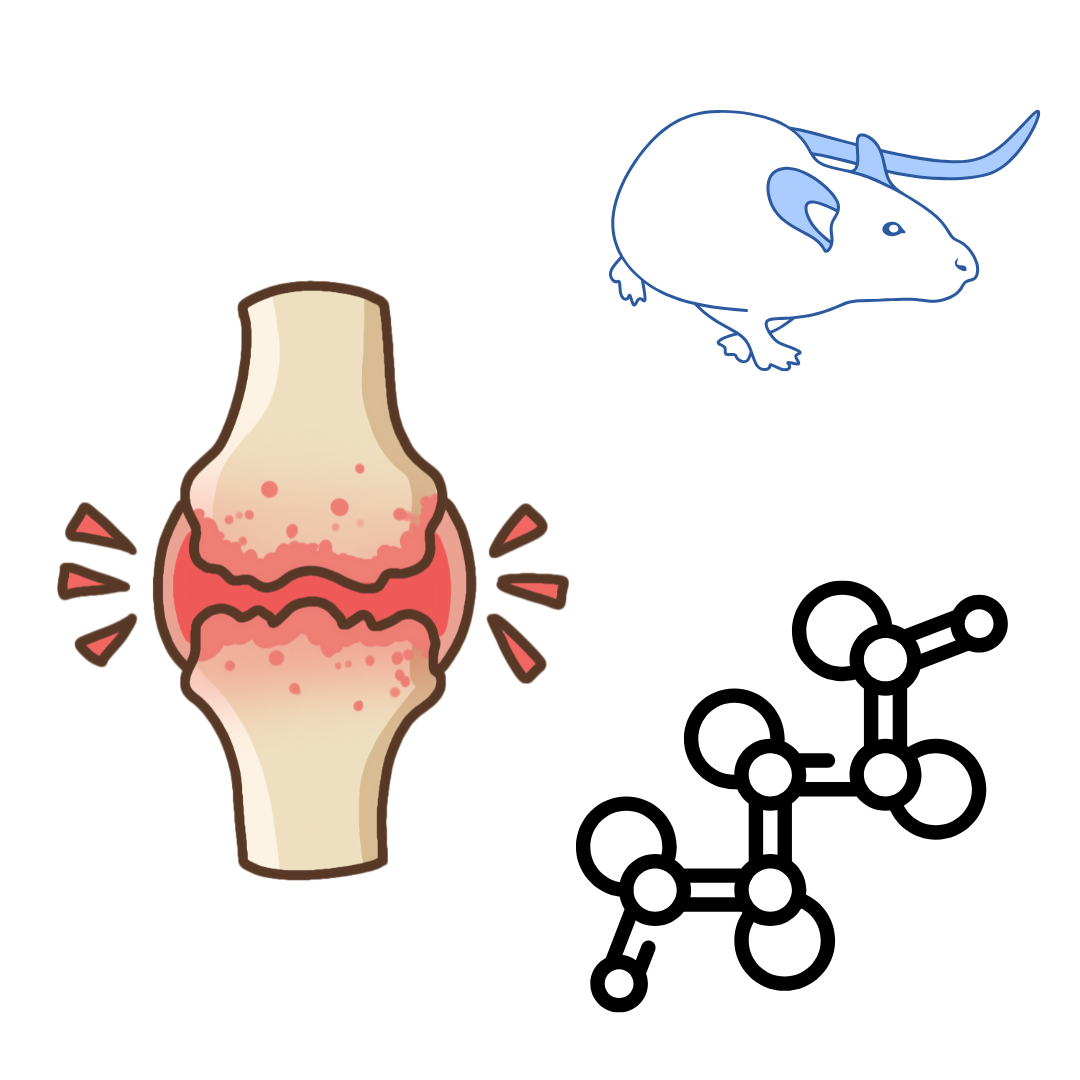
Blocking an Aging Protein Helps Joints Heal Themselves, Offering New Hope for Osteoarthritis
Researchers at Stanford Medicine, working with collaborators from the Sanford Burnham Prebys Medical Discovery Institute, have discovered a promising new way to help worn-out joints heal themselves. By blocking a protein that increases with age, the scientists were able to restore healthy cartilage in aging and injured knees—first in mice and then in human cartilage samples. Instead of using stem cells, the treatment works by “re-energizing” existing cartilage cells so they behave more like they did when the body was younger. The findings raise hope that, in the future, simple injections or even pills could help slow, stop, or reverse osteoarthritis, potentially reducing the need for painful joint replacement surgeries.
Read More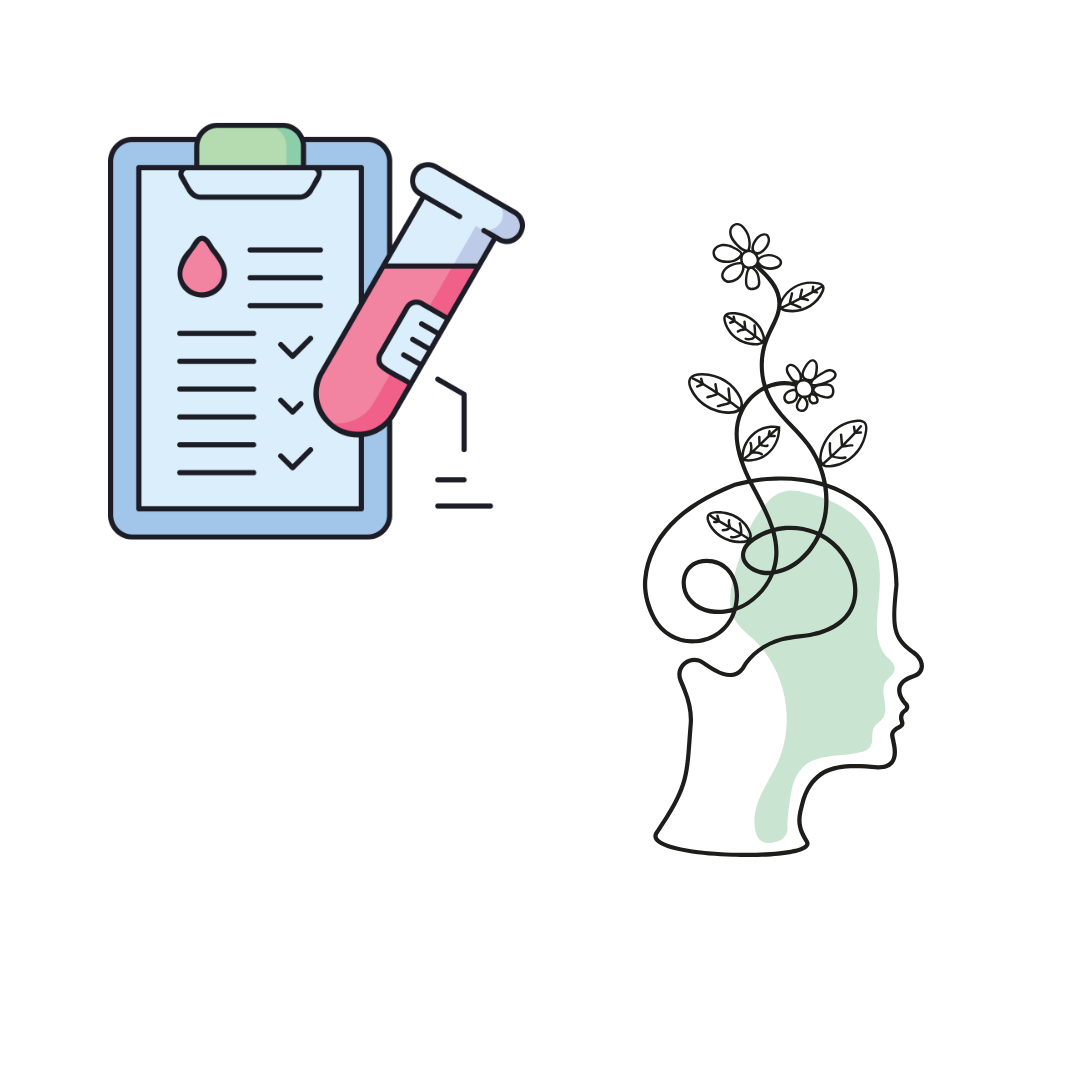
Why Chronic Pain Can’t Be Explained by Biology Alone
Chronic pain is often assumed to be something doctors can measure directly in the body, but our findings show that pain is far more complex. While biological markers can help predict who may develop certain medical conditions linked to pain, they do not reliably explain how much pain a person feels or how widely it spreads in the body. Instead, the day-to-day experience of chronic pain is shaped mainly by psychosocial factors such as stress, mental health, sleep, work demands, lifestyle, and social support. We also found that when biological risk and psychosocial risk occur together, the likelihood of developing painful conditions increases dramatically. These results support a biopsychosocial model of pain and highlight the need for treatment approaches that address both the physical causes of disease and the psychological and social factors that influence how pain is experienced.
Read More